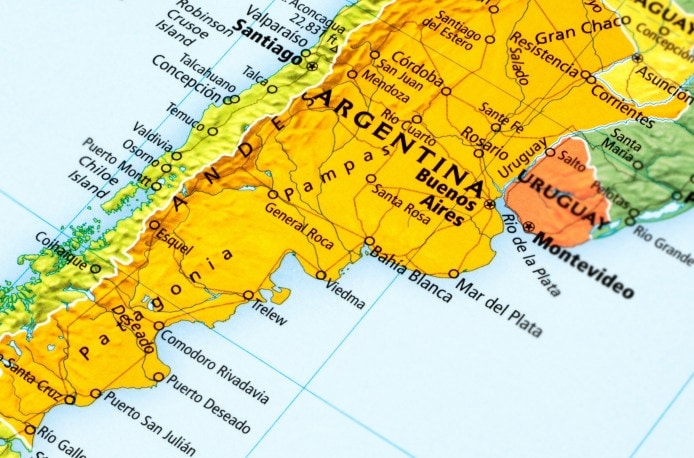The strongest drought in the last 100 years has caused significant damage to Argentina's economy

Argentina's economy is in a long-term crisis: inflation in 2023 exceeded 100%, and the debt to the IMF is more than 44 billion dollars, so export performance is critically important. According to official forecasts, the harvest of soybeans and wheat this year will decrease by half, and corn - by a third, although these crops provide the main budget revenues and are the leaders of exports.
The final extent of the damage will only be known when the harvest begins, but it too will be of poor quality due to the lack of moisture, as rainfall has halved.
The Rosario Stock Exchange estimates Argentina's economic losses from the low harvest at $20 billion, which is almost 3% of the country's GDP.
In the agricultural zone of Lima, 100 km northwest of Buenos Aires, most of this year's soybean crop will remain in the field, as harvesting will be unprofitable due to poor quality. Soil moisture in this region has dropped to 5%, which is extremely insufficient for wheat planting, which should begin in a few weeks. In corn crops, the cobs are cracked and brown, and the kernels are small and irregularly shaped. Even if it rained now, they wouldn't be able to fix the situation.
The government of Argentina has decided to introduce a new preferential exchange rate of the "soy dollar" of 300 pesos/dollar from April 8 to the end of May in order to stimulate the export of agricultural products and increase the currency reserves of the country's Central Bank. It is expected that this will allow traders to earn approximately 15 billion dollars in the II-III quarter. The official rate of the national currency is now 210 pesos/dollar, and at the end of last year it was proposed to set the rate of "soy dollar" at the level of 230 pesos/dollar.


